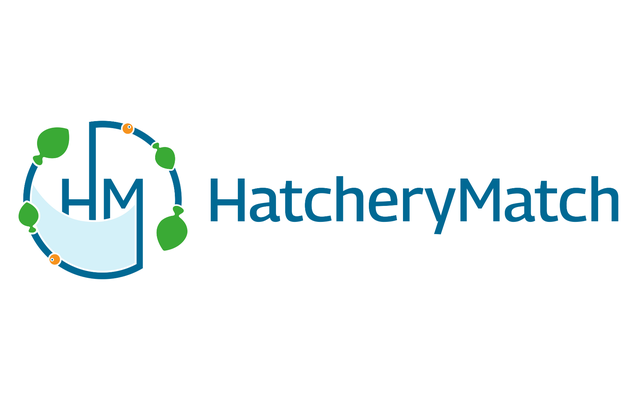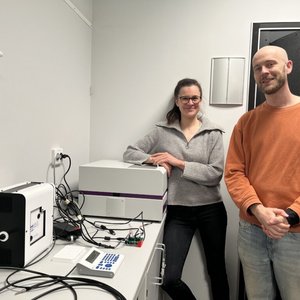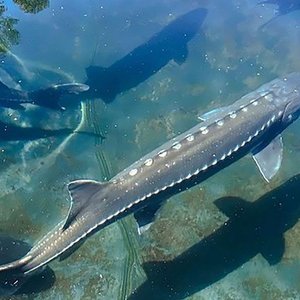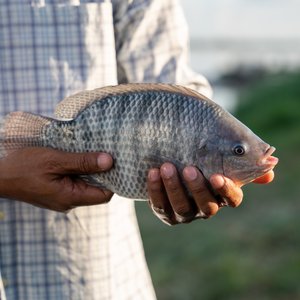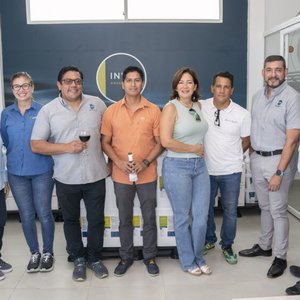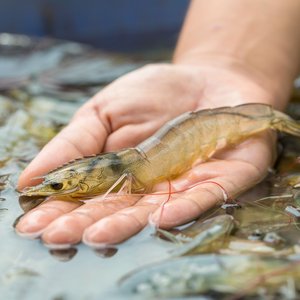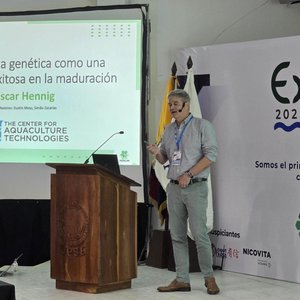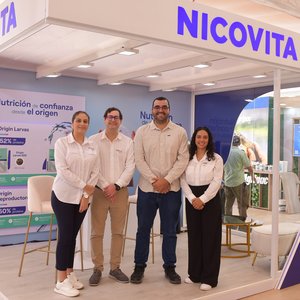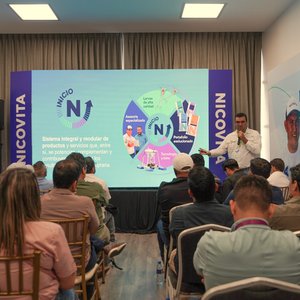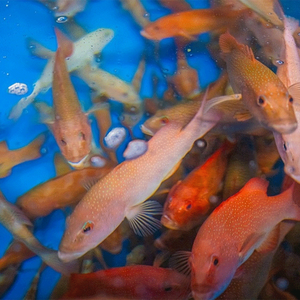A new international project, HatcheryMatch, aims to develop and prototype four technologies to improve the precision, accuracy and efficiency of the available technology for maintaining recirculating marine fish hatchery systems.
HatcheryMatch is an industry-relevant collaboration between aquaculture and fisheries' researchers based in China and Malta. Project partners include the Fishery Machinery and Instrument Research Institute of the Chinese Academy of Fisheries Sciences, the Department of Food Sciences and Nutrition of the University of Malta, AquaBioTech Group Ltd. in Malta, and Qingdao Blue Granary Ocean Fishery Development Co. Ltd. in China. Collaborative research between China and Malta date back to 2002 and has recently been supported by the signing of the 2018 Belt and Road Initiative agreement which strives to facilitate trade, culture and research exchange between the two countries.
To address issues relating to water quality that often arise from high stocking densities in hatcheries while simultaneously reducing stress, handling and chemical input, the two-year project will develop four technologies. An ultrasound disinfection device will incorporate state-of-the-art sono-fragmentation technology which has been previously applied to the decontamination of terrestrial agriculture products to eliminate water-based pathogens. An automated bottom cleaning system will mechanically remove accumulated waste particles through airlift-generated suction, thereby, eliminating the need for manual siphoning of cultivation tanks.
HatcheryMatch will also develop an automatic live feed system, minimizing waste generation and increasing the precision of feed delivery. Finally, the project will develop an embryonic image analyzer that will help researchers follow subtle changes in turbot eggs and larvae throughout their development with the assistance of computer vision, deep learning and AI technology. Once complete, the four prototypes will be tested together at a recirculation research support facility in China to determine the efficacy of the whole hatchery system.
HatcheryMatch is funded by the Malta Council for Science and Technology through the Sino-Malta Fund 2020 (Science and Technology Cooperation). An Automated Marine Fish Hatchery with Innovated Water Recirculation Technologies (HatcheryMatch, Grant No. 2021YFE0108700) is also funded by the Ministry of Science and Technology, China.


